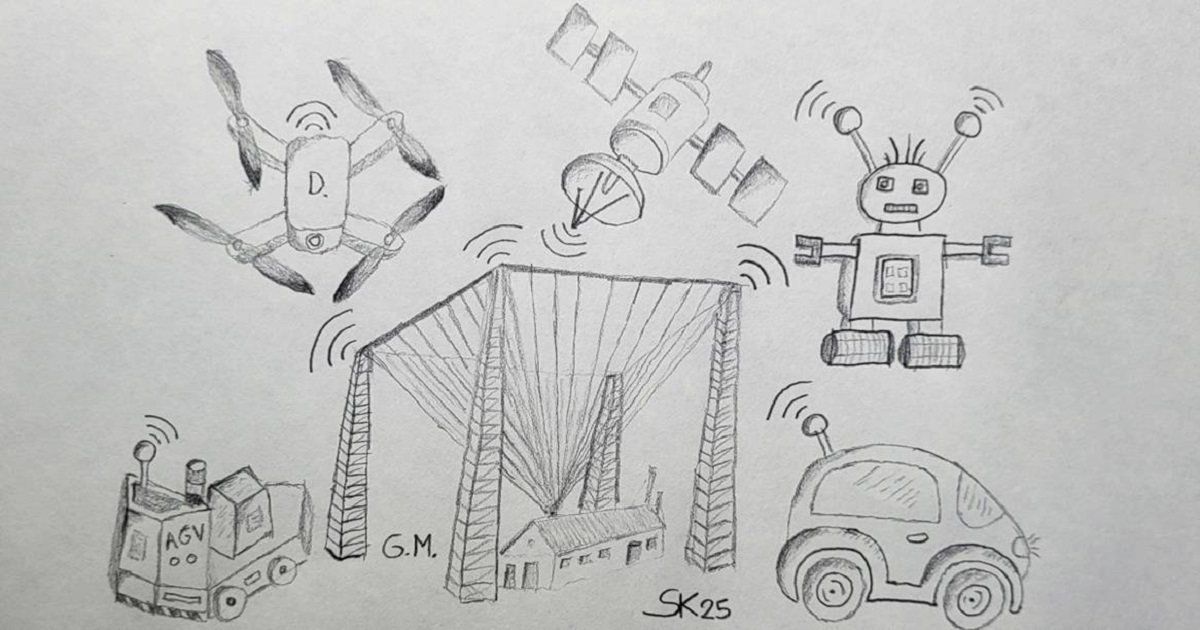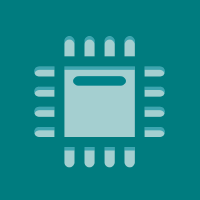Topic Editors


Challenges and Future Trends of Wireless Networks

Topic Information
Dear Colleagues,
Since their invention, wireless communication networks have been one of the driving forces of innovation, acting as the skeleton and the nervous system upon which future technological applications are grounded.
The requirements of the upcoming technological revolutions range from determinism and the reliability of industrial networks to achieving extremely low power consumption for wireless sensor (and actuation) networks and personal networks. The presence, coexistence, and improvements of different communication technologies (e.g., Wi-Fi, 5G/6G/xG, LoRaWAN, IEEE 802.15.4, Bluetooth, to cite a few); the introduction of artificial intelligence (AI) and machine learning (ML) algorithms to optimize network behavior in real-time; and research on network digital twins and intelligent networks in general have combined to make wireless networks a promising and challenging research topic.
Current wireless networks represent an interdisciplinary topic due to their heterogeneity and the fact that research regarding modern wireless networks covers various disciplinary fields, including AI, ML, distributed systems, optimization, Internet of Things (IoT), cloud/fog/edge computing, security and safety aspects, communication protocols, standardization, management of smart cities, grids, health, buildings, transportation, homes, and agriculture.
This Topic is open to anyone who wishes to submit a relevant research manuscript about technological improvements in wireless networks and their application.
Dr. Stefano Scanzio
Dr. Ramez Daoud
Dr. Jetmir Haxhibeqiri
Dr. Pedro Santos
Topic Editors
Keywords
- wireless networks
- Internet of Things (IoT)
- Wireless Sensor Networks (WSN)
- Wi-Fi
- 5G/6G/xG
- bluetooth
- LoRaWAN
- smart networks
- cloud/fog/edge computing
- artificial intelligence
Participating Journals
| Journal Name | Impact Factor | CiteScore | Launched Year | First Decision (median) | APC | |
|---|---|---|---|---|---|---|

Computers
|
4.2 | 7.5 | 2012 | 16.3 Days | CHF 1800 | Submit |

Electronics
|
2.6 | 6.1 | 2012 | 16.8 Days | CHF 2400 | Submit |

Future Internet
|
3.6 | 8.3 | 2009 | 17 Days | CHF 1600 | Submit |

IoT
|
2.8 | 8.7 | 2020 | 25.7 Days | CHF 1400 | Submit |

Network
|
3.1 | 6.5 | 2021 | 20.1 Days | CHF 1200 | Submit |

Sensors
|
3.5 | 8.2 | 2001 | 19.7 Days | CHF 2600 | Submit |

Journal of Sensor and Actuator Networks
|
4.2 | 9.4 | 2012 | 21.6 Days | CHF 2000 | Submit |

Technologies
|
3.6 | 8.5 | 2013 | 21.8 Days | CHF 1600 | Submit |

Big Data and Cognitive Computing
|
4.4 | 9.8 | 2017 | 24.5 Days | CHF 1800 | Submit |

Preprints.org is a multidisciplinary platform offering a preprint service designed to facilitate the early sharing of your research. It supports and empowers your research journey from the very beginning.
MDPI Topics is collaborating with Preprints.org and has established a direct connection between MDPI journals and the platform. Authors are encouraged to take advantage of this opportunity by posting their preprints at Preprints.org prior to publication:
- Share your research immediately: disseminate your ideas prior to publication and establish priority for your work.
- Safeguard your intellectual contribution: Protect your ideas with a time-stamped preprint that serves as proof of your research timeline.
- Boost visibility and impact: Increase the reach and influence of your research by making it accessible to a global audience.
- Gain early feedback: Receive valuable input and insights from peers before submitting to a journal.
- Ensure broad indexing: Web of Science (Preprint Citation Index), Google Scholar, Crossref, SHARE, PrePubMed, Scilit and Europe PMC.



